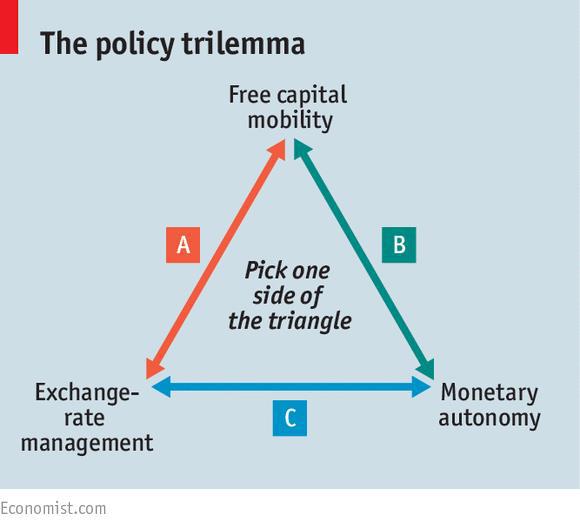This is a Guest Post by AK of Fallible
AK has been an analyst at long/short equity investment firms, global macro funds, and corporate economics departments. He co-founded Macro Ops and is the host of Fallible.
Make sure to watch the entire China’s Downfall series here: https://bit.ly/2Ig0JZz
Why now? Why is China finally going to feel the effects of a deleveraging now? How will that affect stocks like Tencent and Baidu (BIDU)? Well that’s what we’ll be discussing in this video.
China has to rebalance its economy. It needs to transition from an investment and export led economy to a consumption based one; retransfer wealth from the vested interests in local government and private businesses back to households. In addition, it needs to deleverage by paying down, writing off, or inflating away its debt stock.
The quickest way to resolve a debt problem like this and rebalance an economy is to go through a financial crisis where assets are sold and debt written down. This is what the US did in the 1930s. But China can’t go this route because this path involves high levels of unemployment that bear socio-political risks, which the CCP can’t afford.
A much more likely scenario (which I believe we’re beginning to see now) is one where the CCP takes a gradual and pragmatic approach.
They assign the debt servicing costs to local governments, who are then forced to sell assets in an orderly manner to pay down debt. And then the CCP goes after debt in the most vulnerable areas of the economy, primarily the off-balance sheet / shadow banking sector and P2P lending, while balancing this with leveraging in the visible areas parts of the economy (ie, local government issuing bonds to boost specific investment).
To learn more, make sure you watch the video above!
And as always, stay Fallible out there investors!
Follow AK on Twitter: https://twitter.com/akfallible
And Instagram: https://www.instagram.com/fallible_money/
***All content, opinions, and commentary by Fallible is intended for general information and educational purposes only, NOT INVESTMENT ADVICE.
